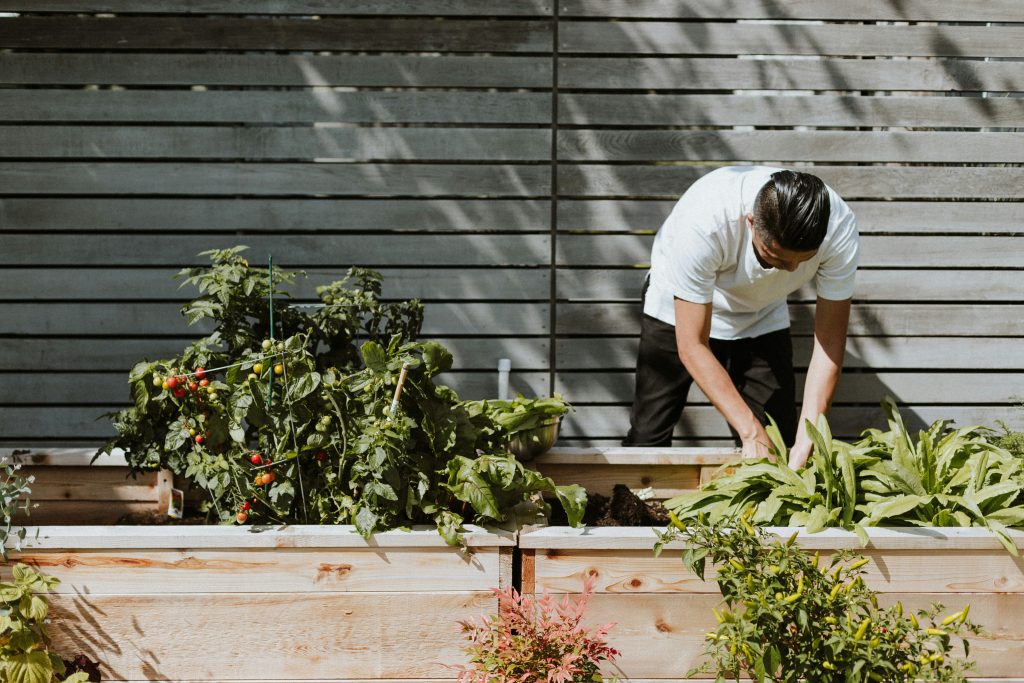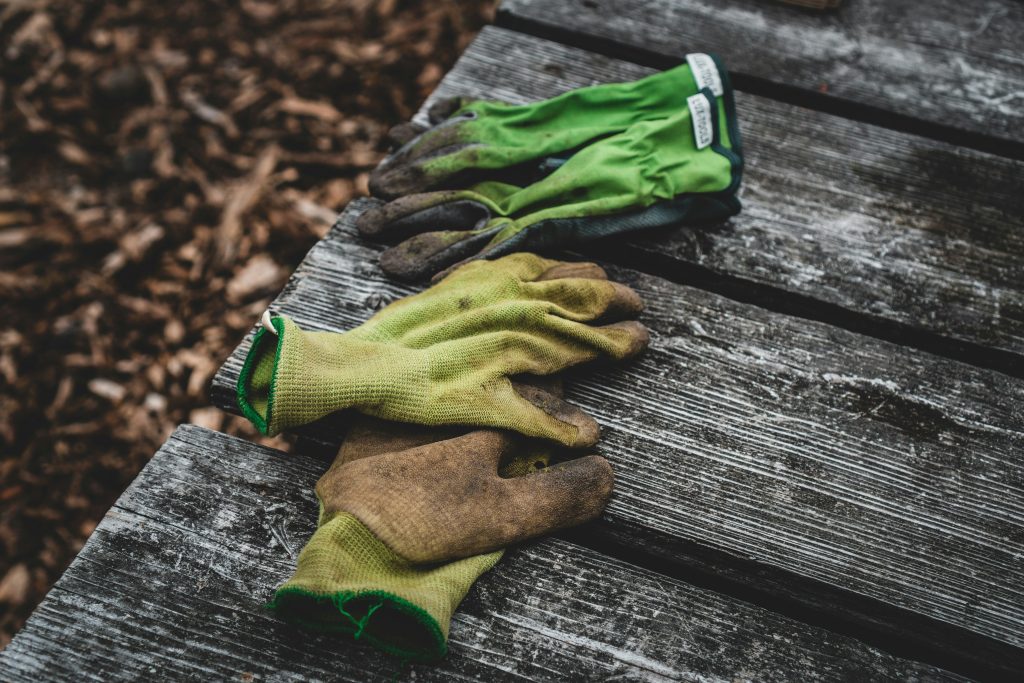
Photo sourced from Adobe Stock
When we think about gardening, we often focus on the plants themselves—their colours, shapes, and growth patterns. However, beneath the surface lies a bustling ecosystem of microscopic organisms that play a vital role in soil health and plant vitality. In this blog post, we’ll dive into the fascinating world of soil microbes and uncover the crucial functions they perform in our gardens.
The Soil Microbiome:
The soil microbiome refers to the diverse community of microorganisms living in the soil, including bacteria, fungi, protozoa, nematodes, and more. Despite their tiny size, these microbes are mighty in their impact, influencing soil structure, nutrient cycling, and plant health.
Bacteria:
Bacteria are among the most abundant and diverse microbes in the soil. They play essential roles in nutrient cycling, breaking down organic matter into forms that plants can absorb. Some bacteria form symbiotic relationships with plant roots, providing nutrients like nitrogen in exchange for sugars.
Fungi:
Fungi are another critical component of the soil microbiome. They form intricate networks of hyphae, or fungal threads, that help bind soil particles together and create a more stable soil structure. Mycorrhizal fungi form symbiotic relationships with plant roots, enhancing the plant’s ability to absorb water and nutrients from the soil.
Protozoa and Nematodes:
Protozoa and nematodes are tiny soil animals that feed on bacteria, fungi, and other organic matter. While some nematodes are harmful to plants, many are beneficial predators that help control populations of harmful soil pests.
The Role of Soil Microbes in Plant Health:
Soil microbes play a crucial role in promoting plant health and resilience. By breaking down organic matter, they release nutrients that plants need for growth and development. Additionally, some microbes produce compounds that stimulate plant growth and help plants withstand stress from pests, diseases, and environmental factors.
Supporting Soil Microbes:
To support a healthy soil microbiome in your garden, it’s essential to minimize soil disturbance, avoid overuse of synthetic fertilizers and pesticides, and maintain a diverse range of plant species. Additionally, incorporating organic matter into the soil through composting and cover cropping provides food and habitat for soil microbes, enhancing their activity and diversity.
The world beneath our feet is teeming with life, from the tiniest bacteria to the most complex fungi. By understanding and appreciating the vital role of soil microbes in our gardens, we can cultivate healthier soils, more resilient plants, and bountiful harvests. So, let’s take a moment to marvel at the wonders of the soil microbiome and the incredible diversity of life it sustains.



